That's for sure. The European Union has taken the last step to ensure that we have a single power standard here. It's not Lightning, it's USB-C. The European Commission's proposal was finally approved by the European Parliament, and Apple has until 2024 to react, otherwise we will no longer buy its iPhones in Europe. With this in mind, will the transition from Lightning to USB-C help us in terms of the quality of the music being played?
It was in 2016 when Apple set a new trend. At the beginning, many condemned it, but then they followed it, and today we take it for granted. We are talking about removing the 3,5mm jack connector from mobile phones. After all, this gave rise to the market of TWS headphones, and nowadays, if a phone with this connector appears on the market, it is considered exotic, while five years ago it was an essential equipment.
Except when Apple also released its AirPods, it provided (and still provides in the Apple Online Store) not only EarPods with a Lightning connector, but also a Lightning to 3,5mm jack adapter so you can use any wired headphones with your iPhone. After all, it is still needed today, because not much has changed in this area. But Lightning itself is a fairly outdated connector, because even though USB-C is still evolving and its data transfer speeds are increasing, Lightning hasn't changed since its introduction in 2012, when it first appeared in the iPhone 5.
It could be interest you
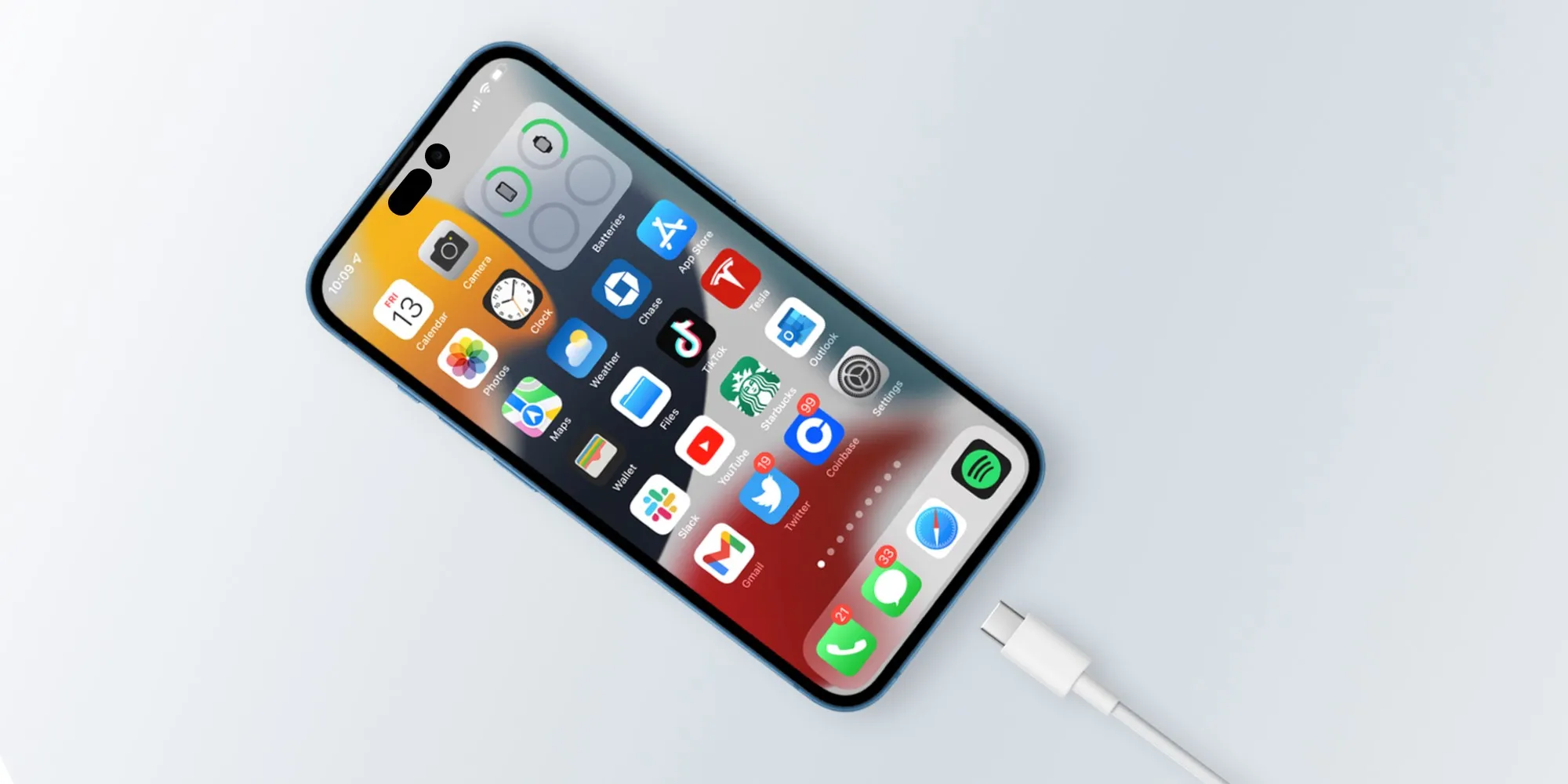
Apple Music and lossless music
Back in 2015, Apple launched its music streaming service Apple Music. On June 7 of last year, he released lossless music to the platform, i.e. Apple Music Lossless. Of course, you won't enjoy this with wireless headphones, because there is a clear compression during the conversion. However, many people think that if USB-C allows more data, wouldn't it be better for consumption of lossless listening when using wired headphones?
Apple directly states, that "Apple's Lightning adapter for the 3,5 mm headphone jack is used to transmit audio via the Lightning connector on the iPhone. It includes a digital-to-analog converter that supports lossless audio up to 24-bit and 48kHz.” In the case of AirPods Max, however, he says that "the audio cable with Lightning connector and 3,5 mm jack is designed to connect AirPods Max to analog audio sources. You can connect AirPods Max to devices playing Lossless and Hi-Res Lossless recordings with exceptional quality. However, due to the analog-to-digital conversion in the cable, playback will not be completely lossless."
It could be interest you
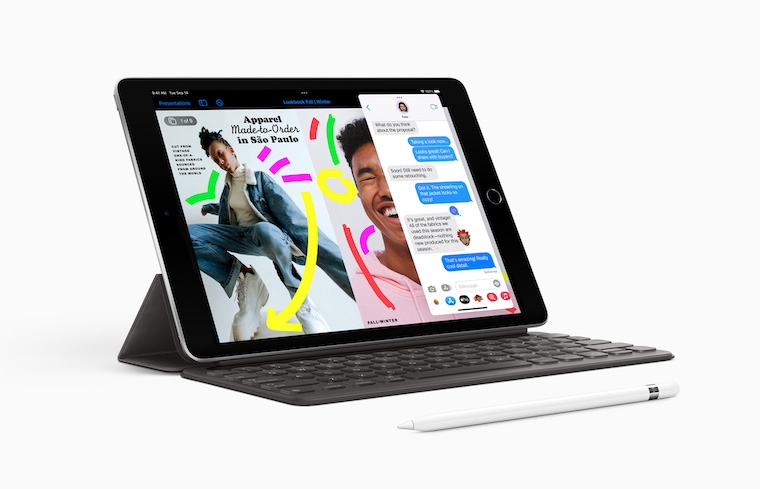
But Hi-Res Lossless for the maximum resolution is 24 bits / 192 kHz, which even the digital-to-analog converter in Apple's reduction can't handle. If USB-C can handle it, then theoretically we should also expect better listening quality.

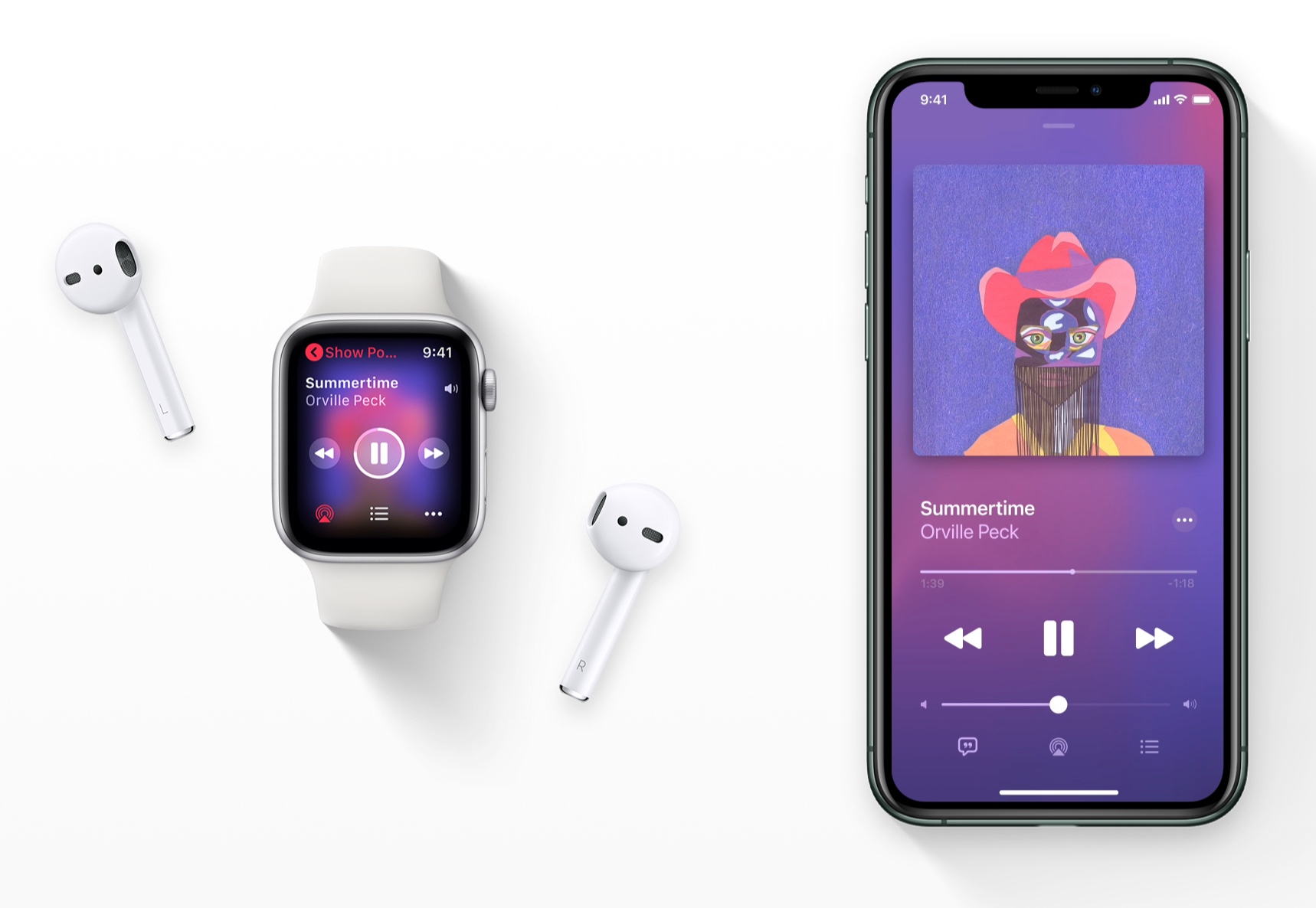
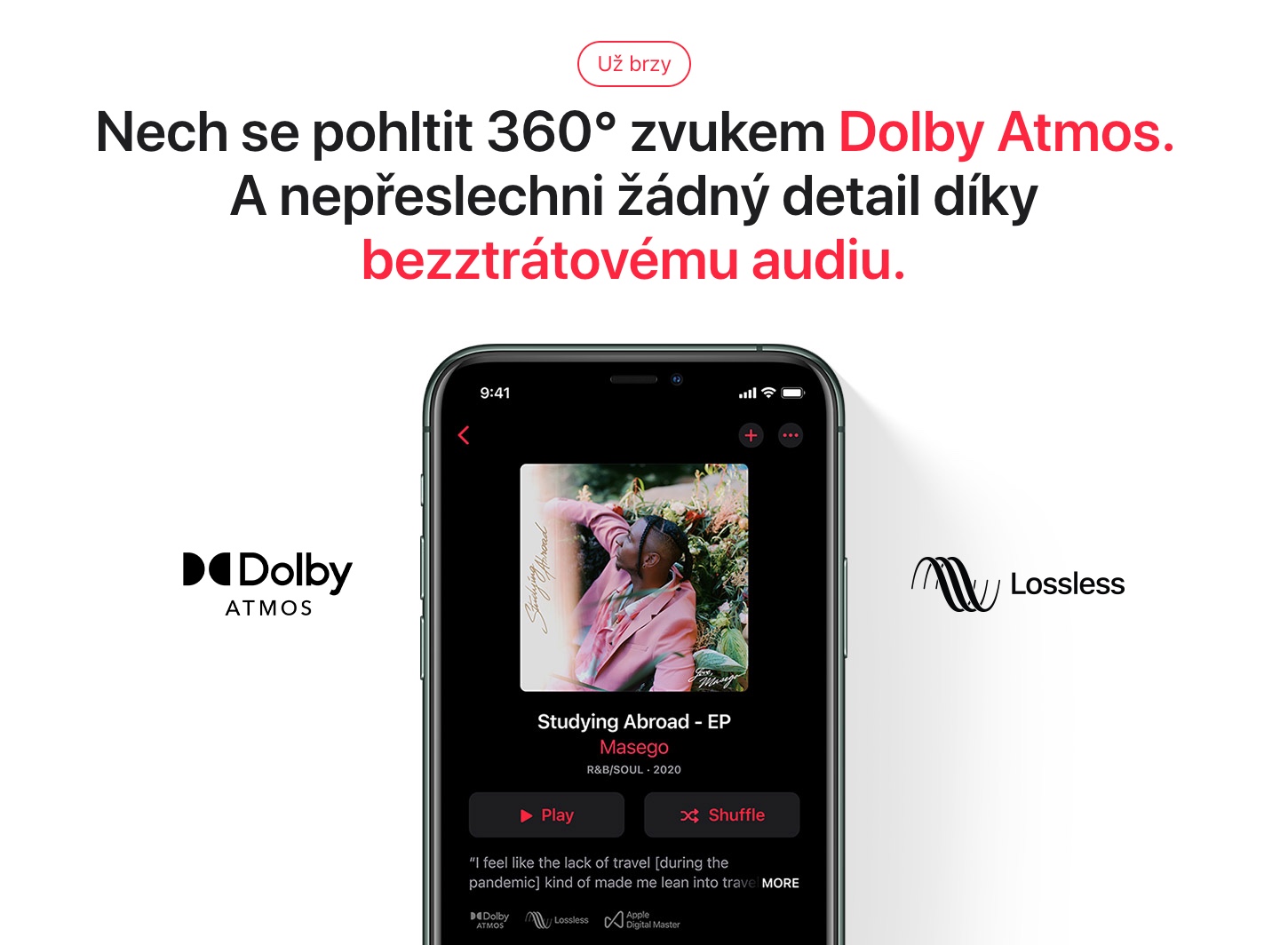
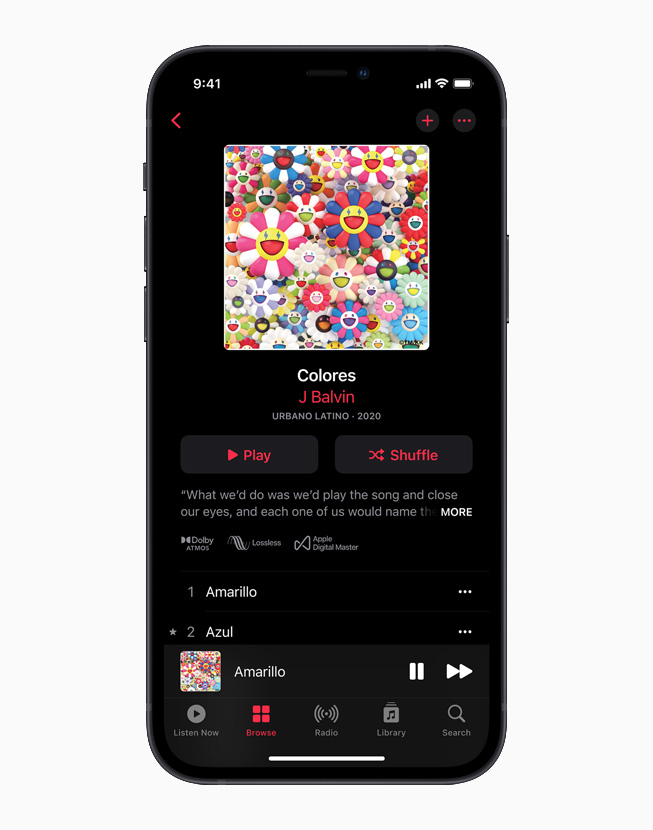


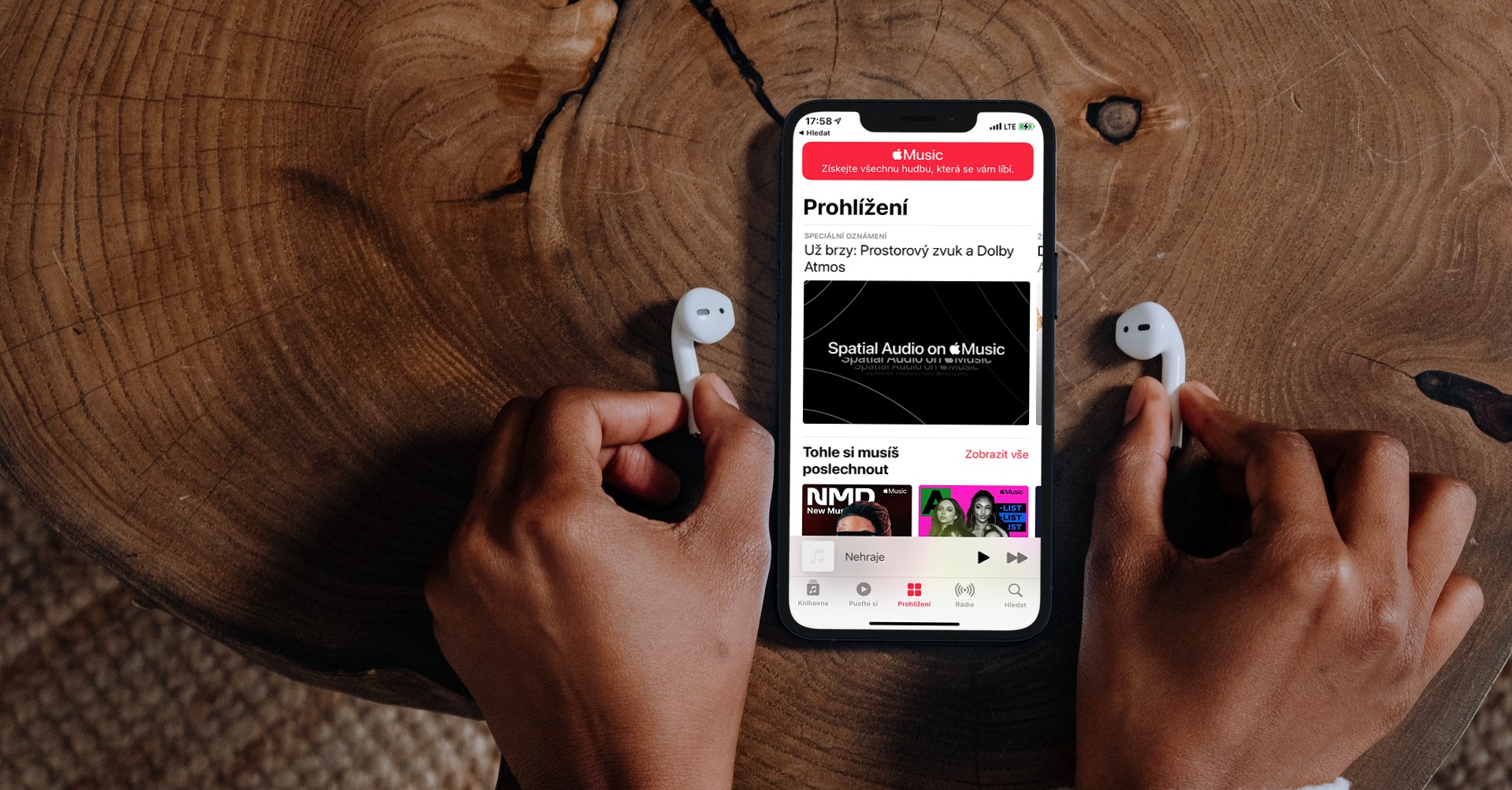
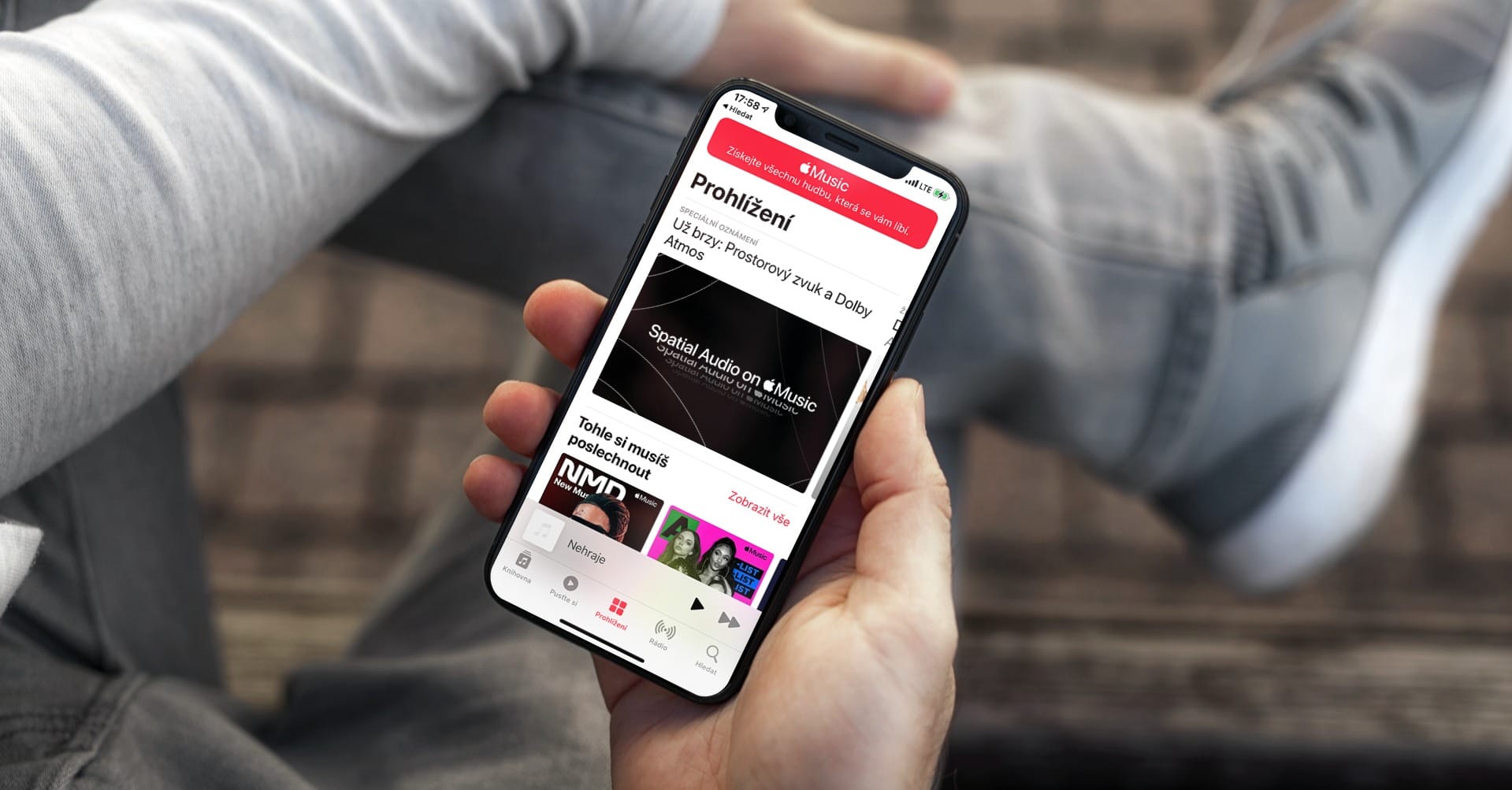
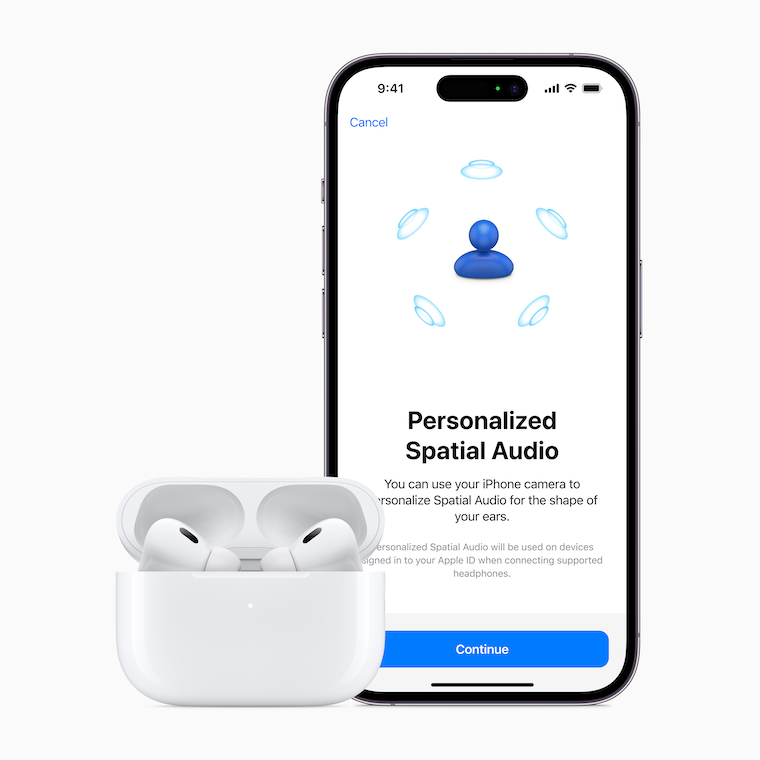
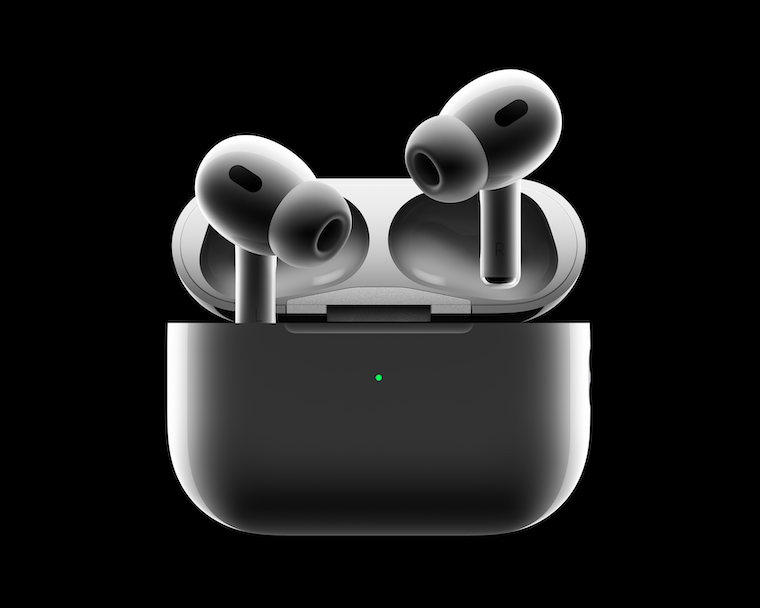
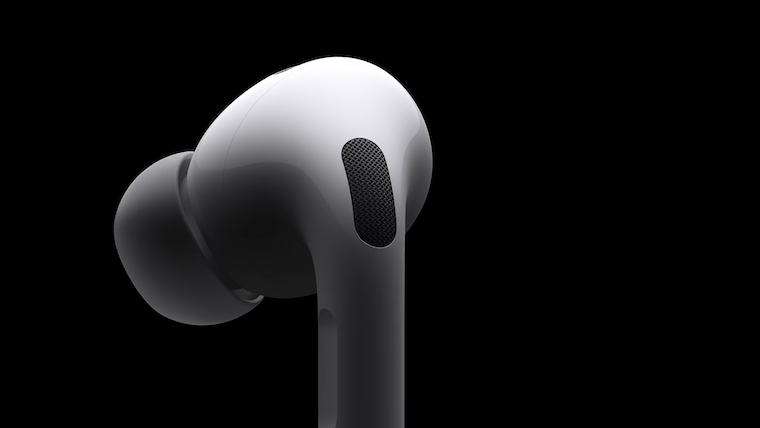
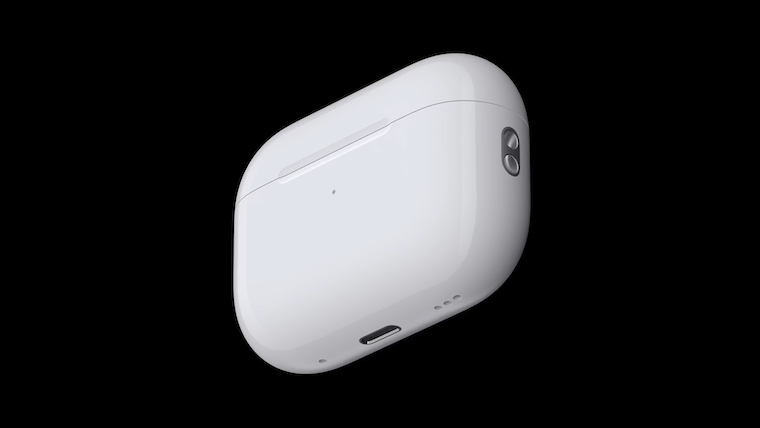
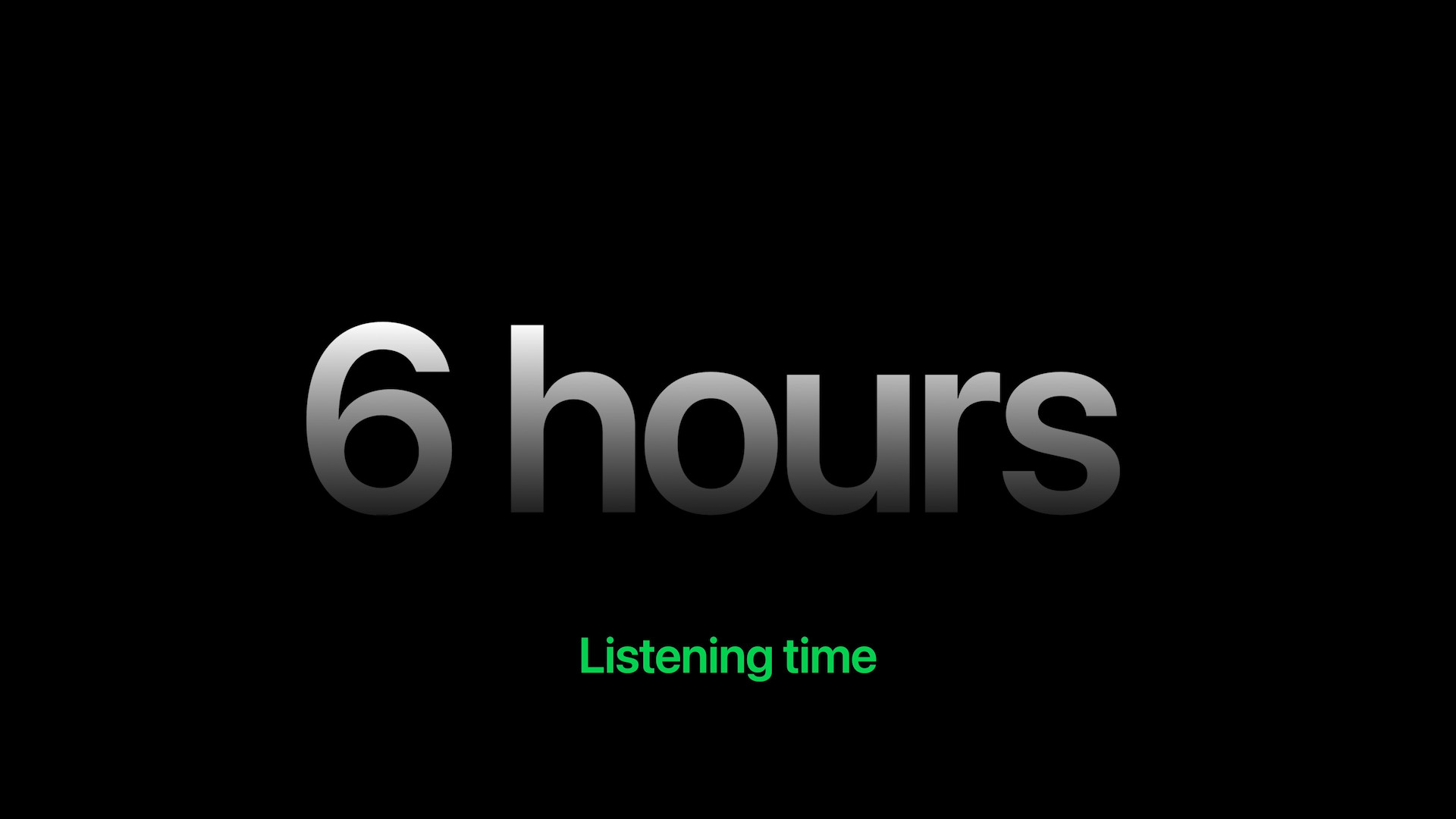
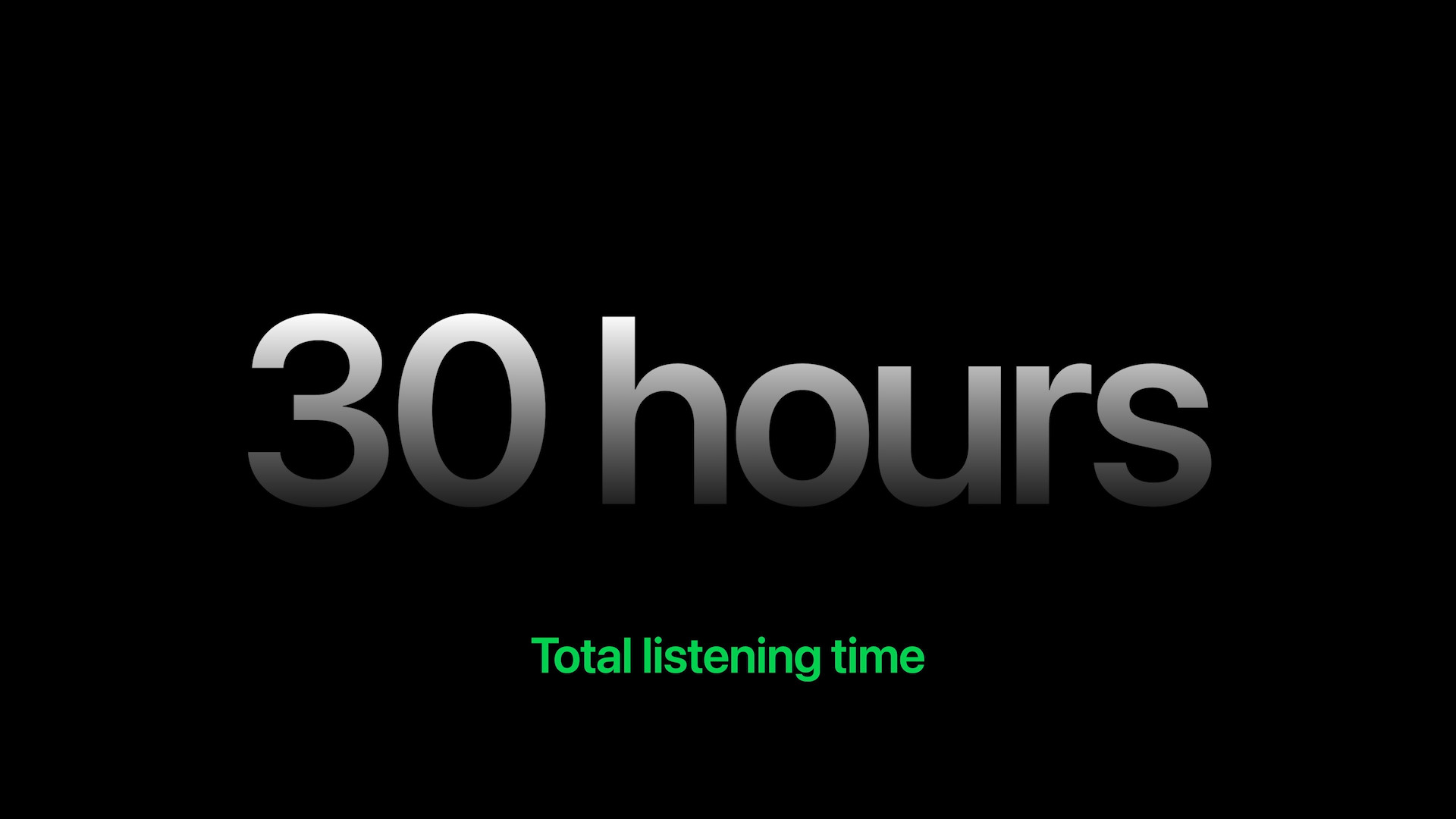
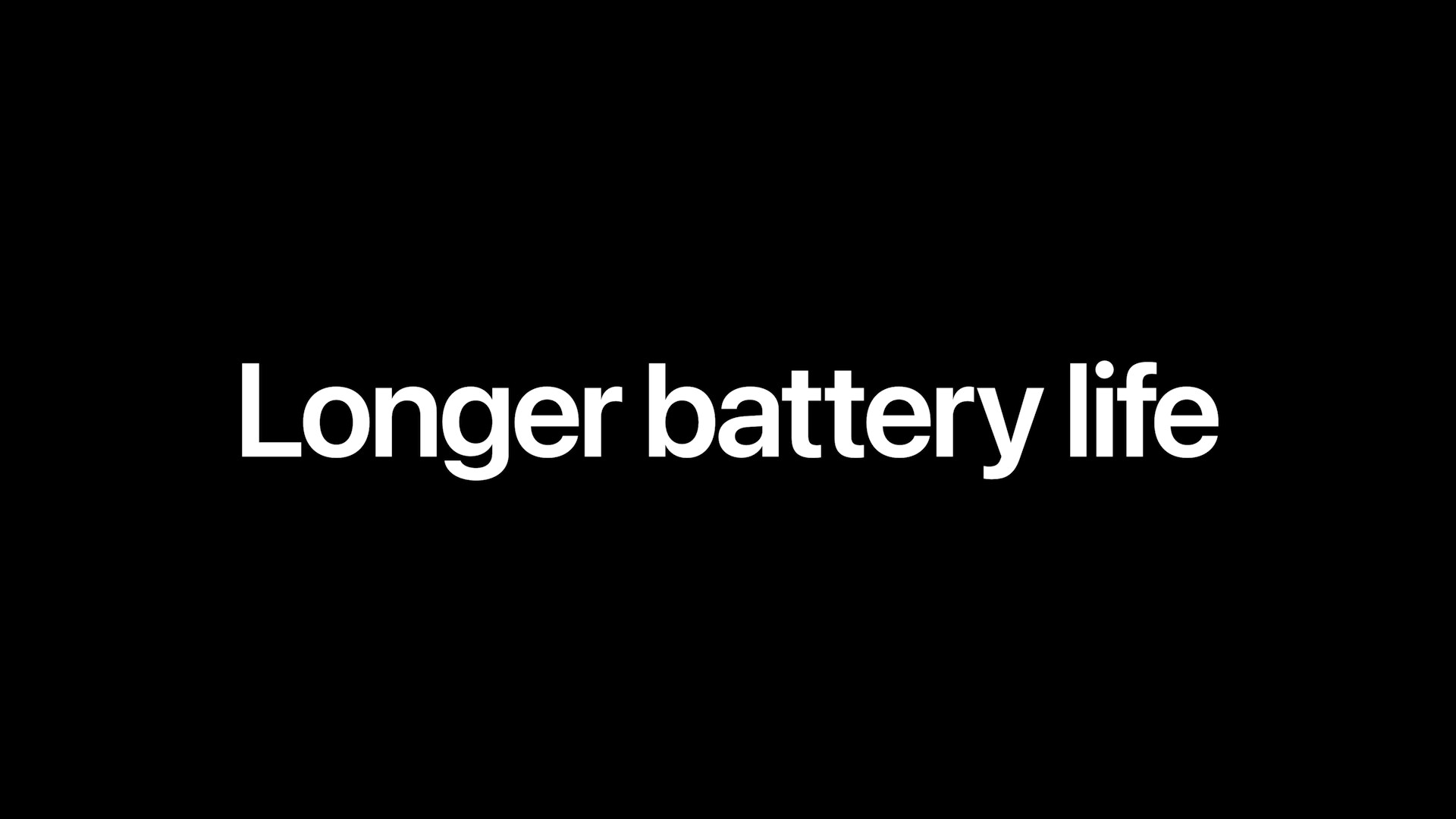
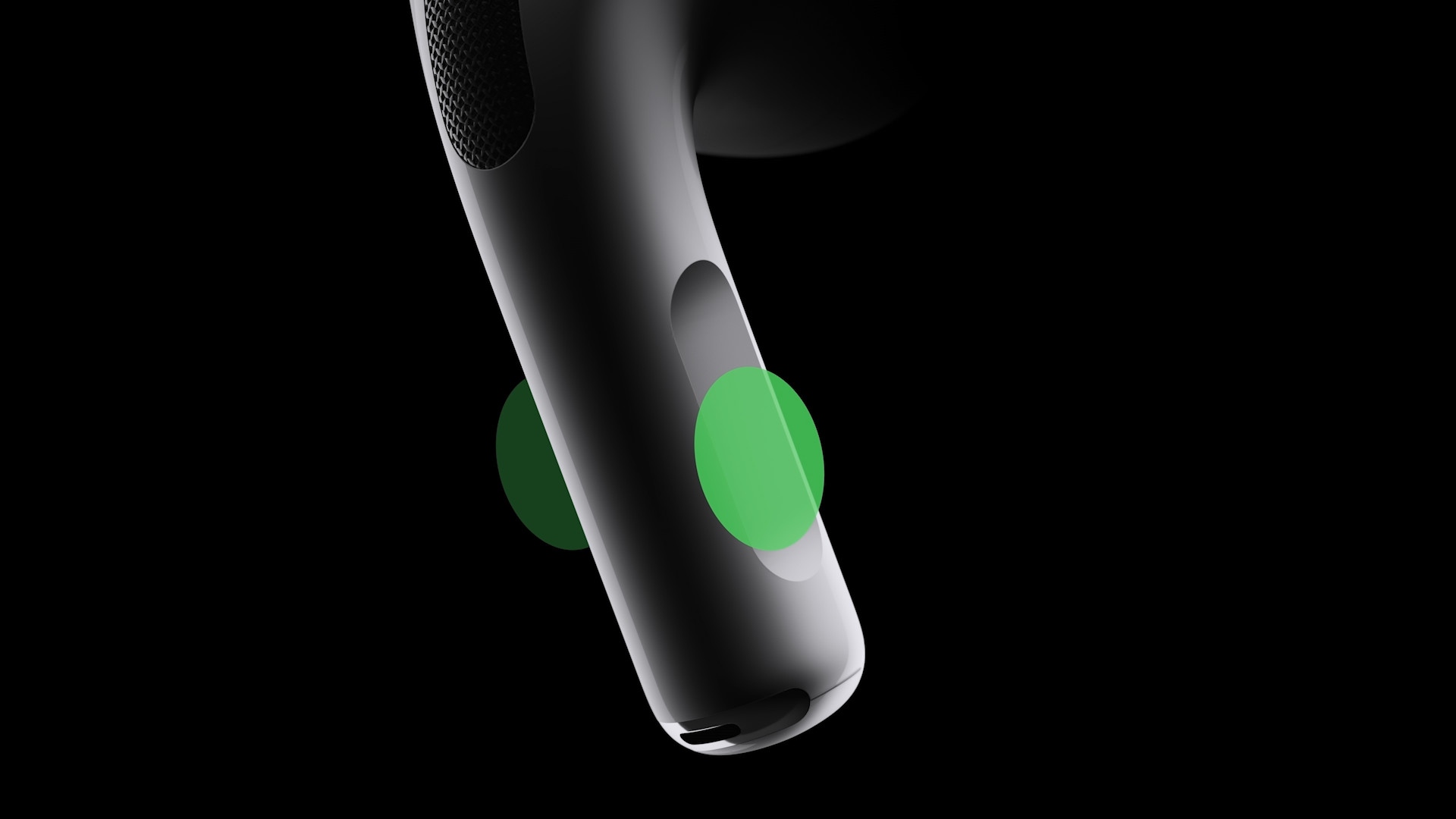
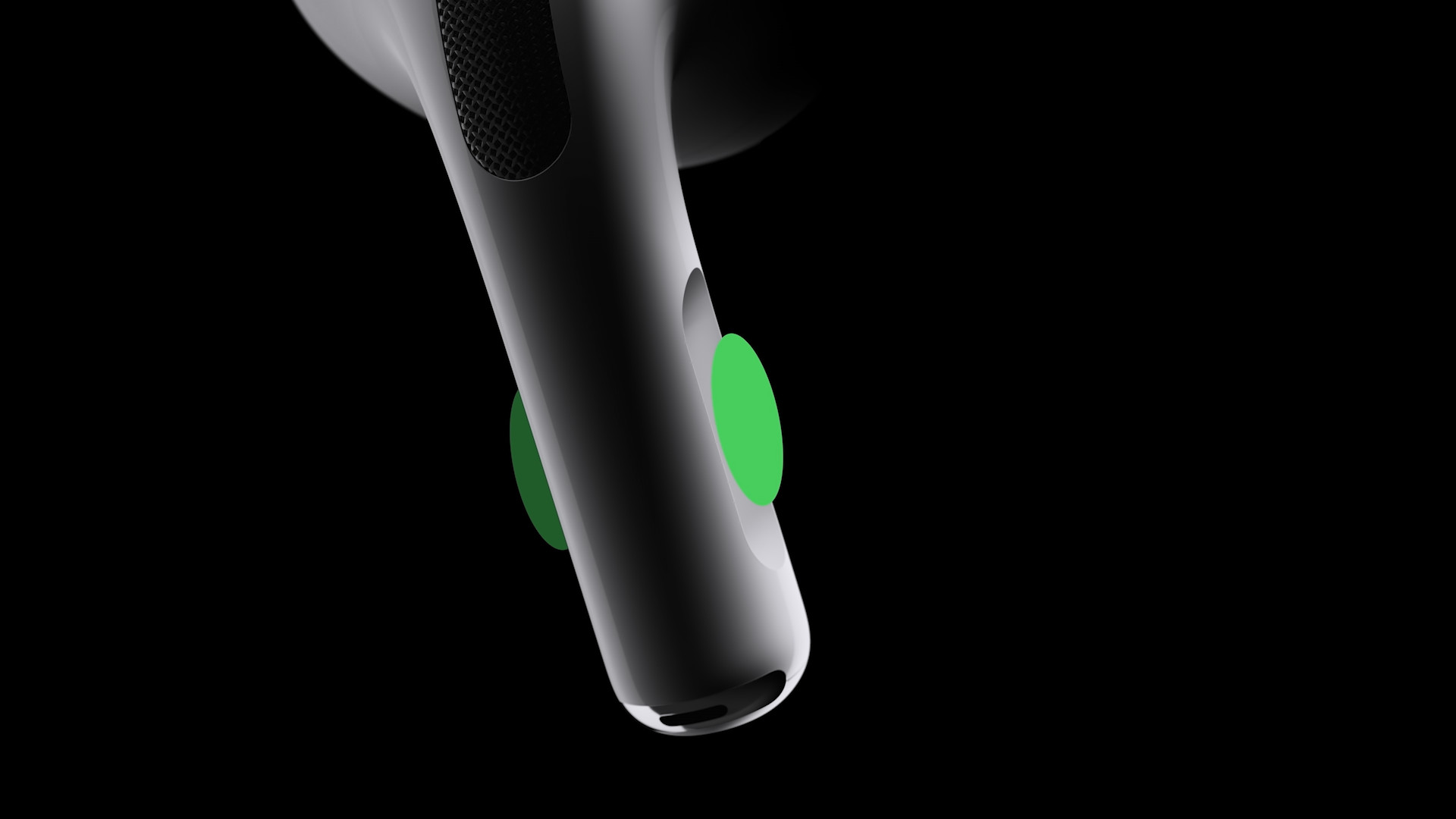
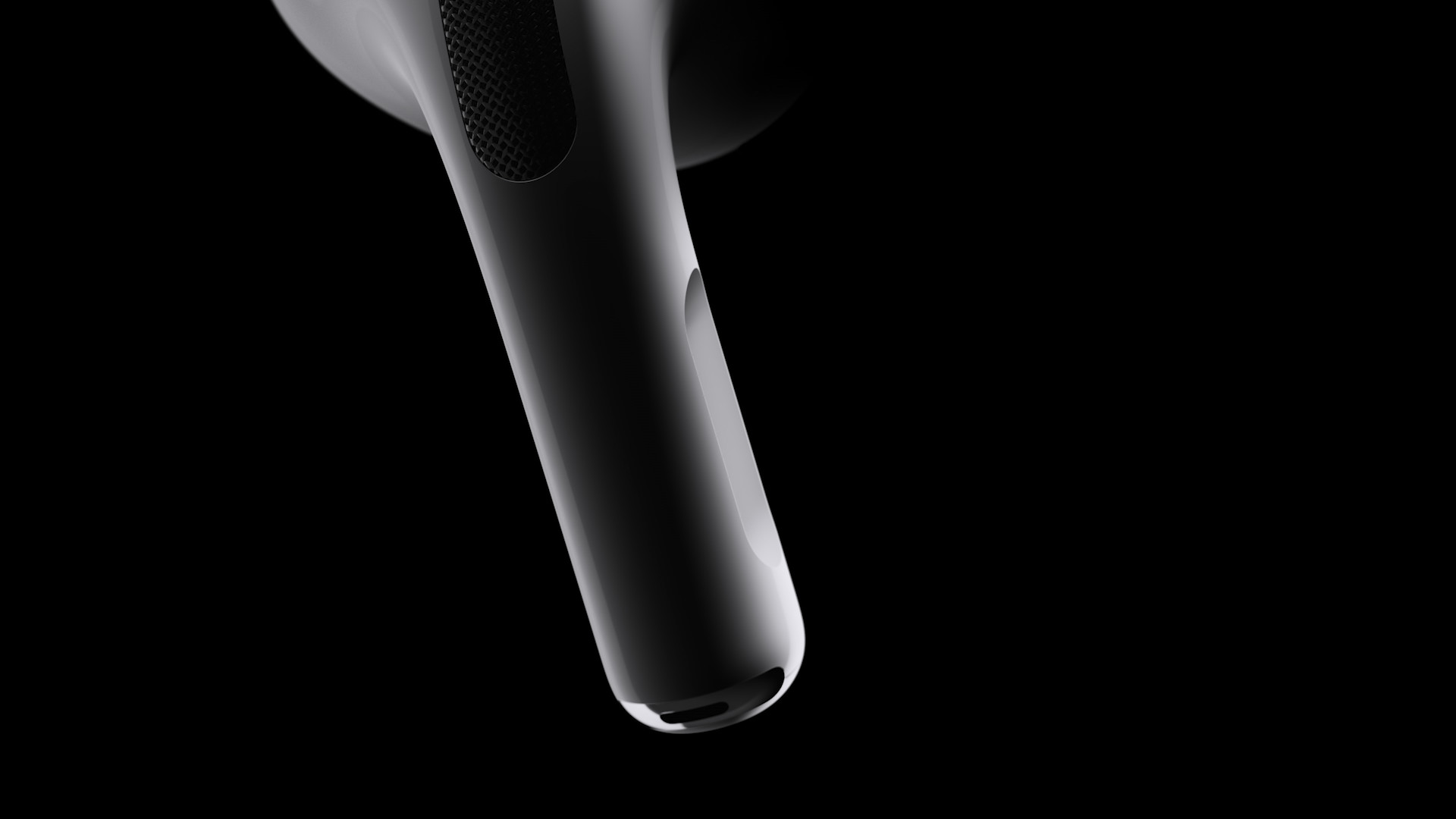
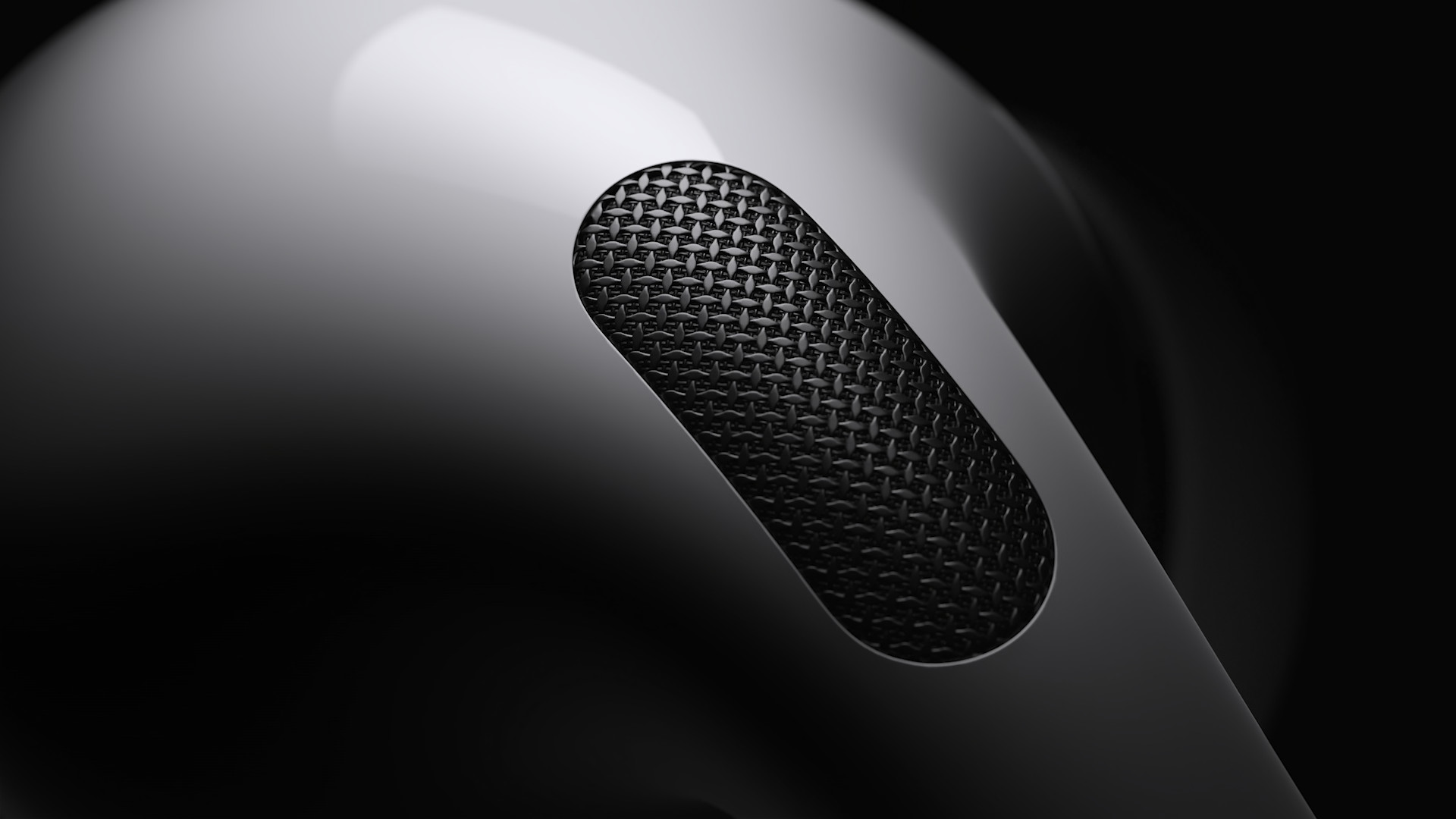

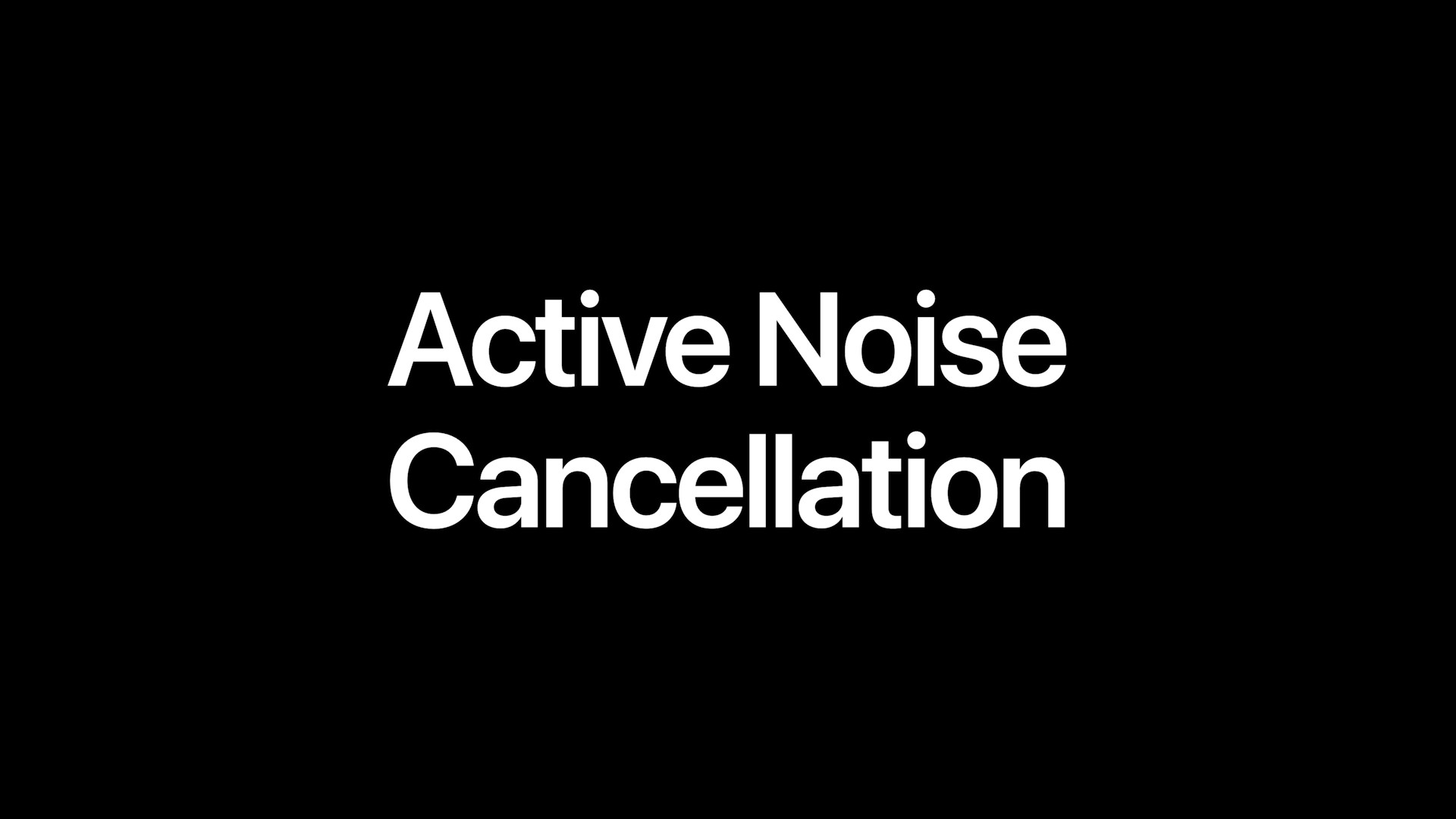

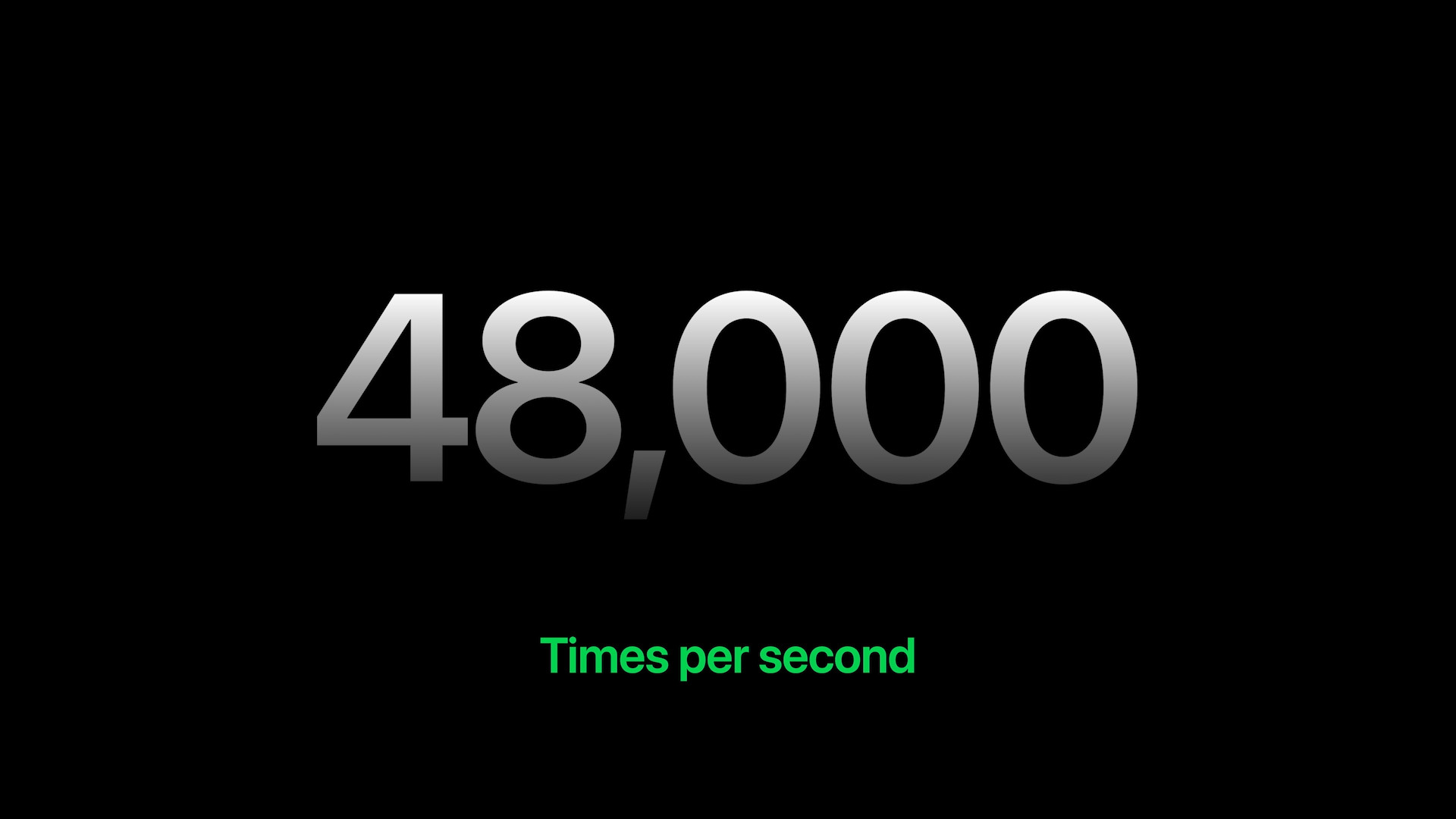
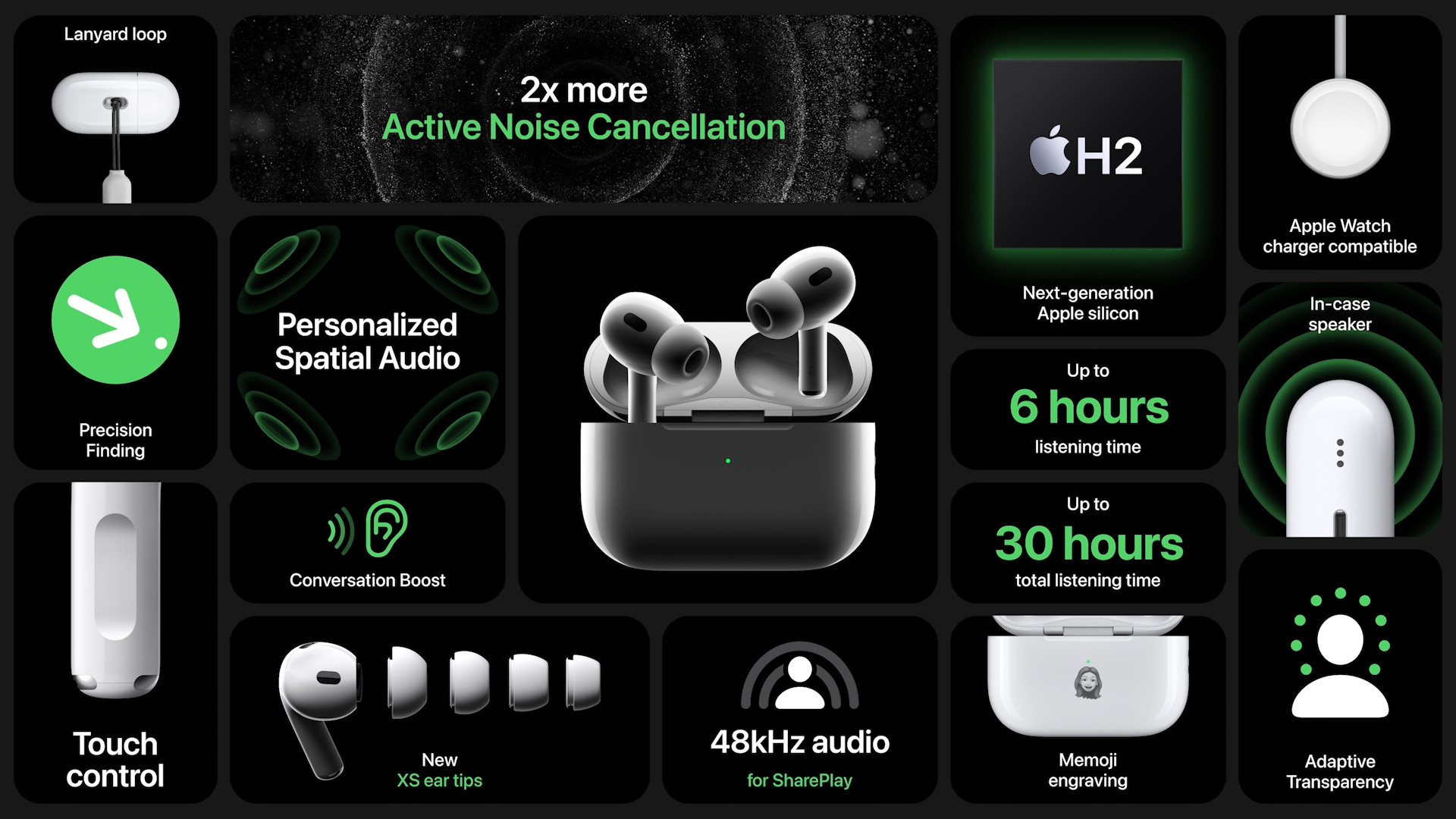
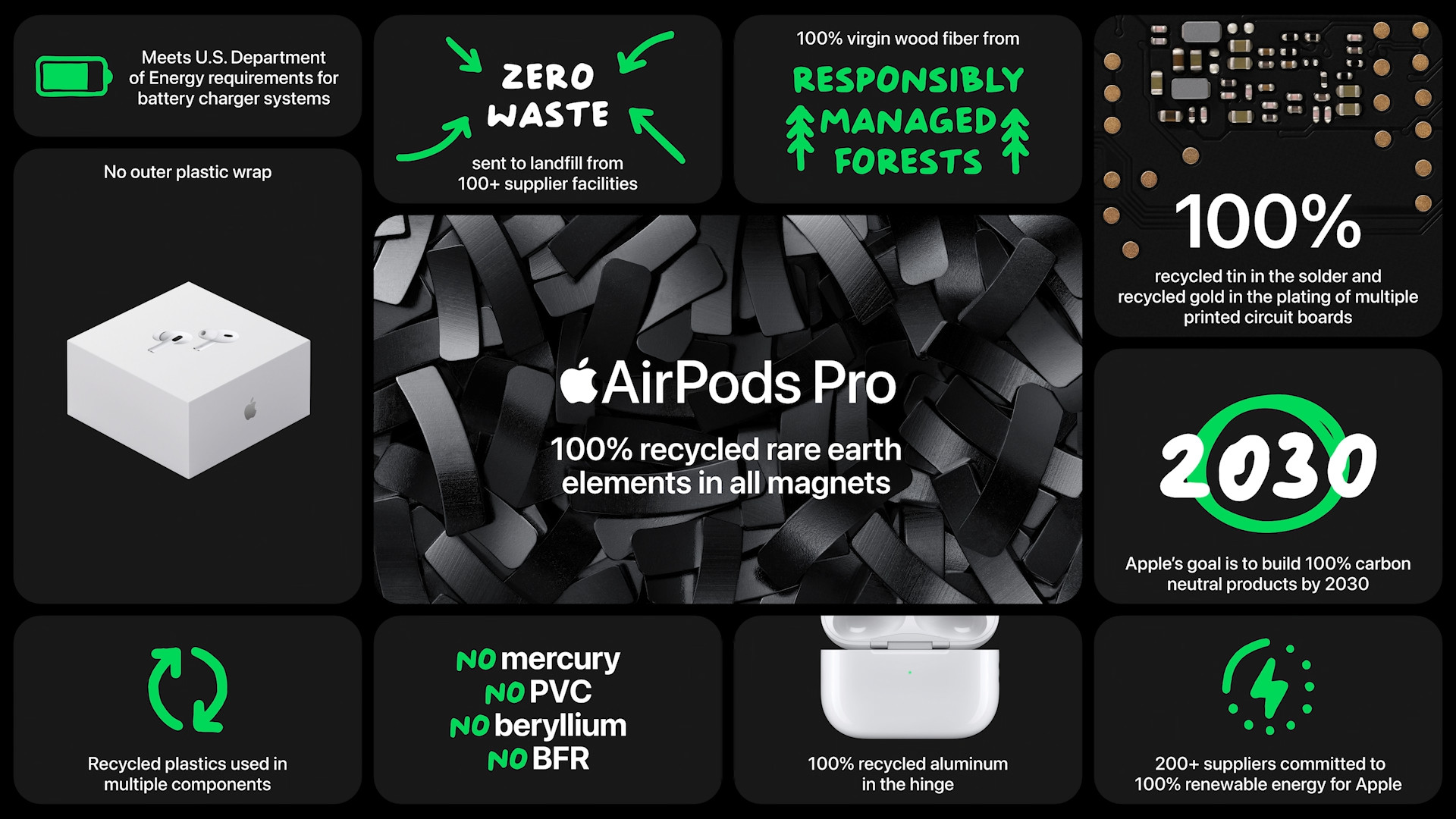
 Adam Kos
Adam Kos
For one thing, it's not entirely about the lightning connector vs. USB-C, but it's not even entirely clear how Apple will actually approach it. I myself don't even remember the last time I charged an iPhone wired via lightning, so Europe can easily stand on its head, but Apple doesn't need USB-C to charge iPhones at all. And this only applies to the power connector. Europe no longer decides what kind of data connectors will be used.